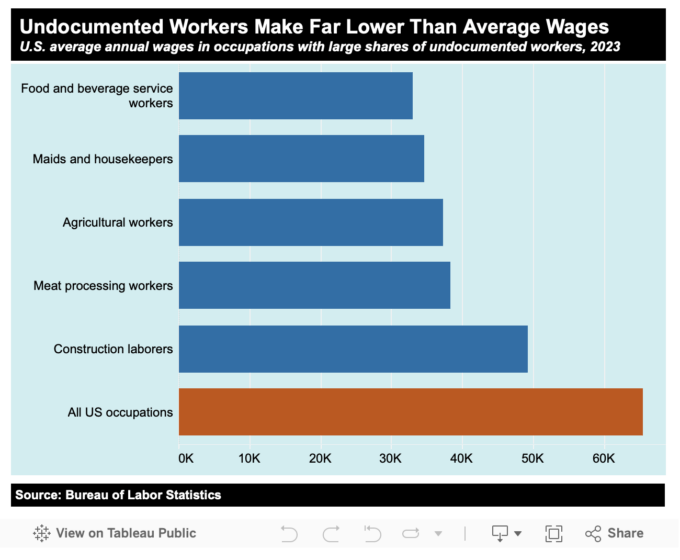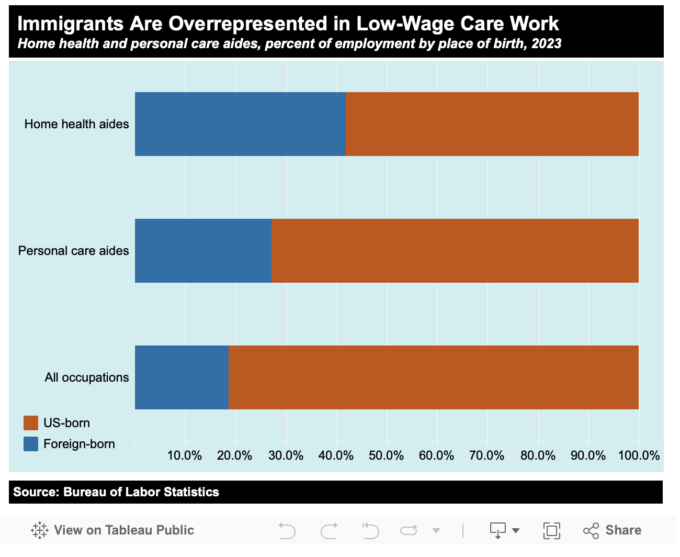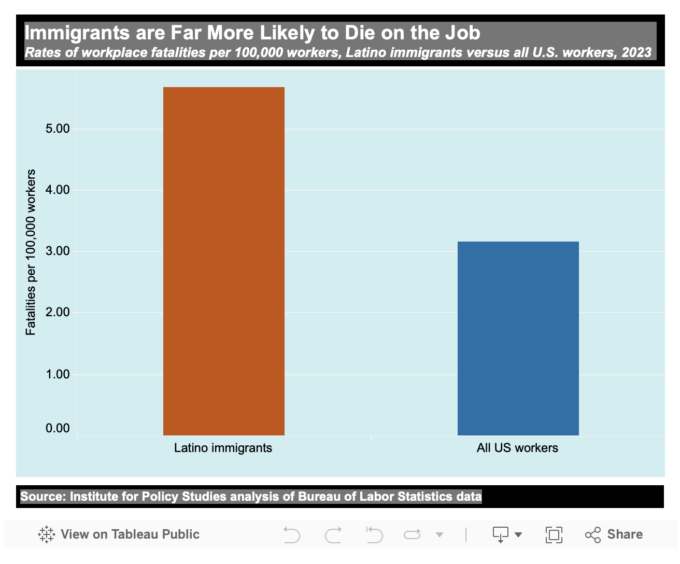
Image by Dylan Shaw.
On February 22, 2024, China’s Ambassador to The Hague, Zhang Jun, uttered the unexpected.
His testimony, like that of a number of others, was meant to help the International Court of Justice (ICJ) formulate a critical and long-overdue legal opinion on the legal consequences of Israel’s occupation of Palestine.
Zhang articulated the Chinese position, which, unlike the American envoy’s testimony, was entirely aligned with international and humanitarian laws.
But he delved into a tabooed subject—one that even Palestine’s closest allies in the Middle East and Global South dared not touch: the right to use armed struggle.
“Palestinian people’s use of force to resist foreign oppression and complete the establishment of an independent state is an inalienable right,” the Chinese Ambassador said, insisting that “the struggle waged by peoples for their liberation, right to self-determination, including armed struggle against colonialism, occupation, aggression, domination against foreign forces should not be considered terror acts”.
Expectedly, Zhang’s comments didn’t reverberate much further: neither governments nor intellectuals, including many on the left, used his remarks as an opportunity to explore the matter further. It’s far more convenient to assign Palestinians the role of the victim or the villain. A resisting Palestinian—one with agency and control over his own fate—is always a dangerous territory.
Zhang’s remarks, however, were situated entirely within international law. Thus, we couldn’t miss the opportunity to discuss the topic in a recent interview we conducted with Professor Richard Falk, a leading scholar in international law and former UN Special Rapporteur for Palestine.
Falk is not merely a legal expert, however accomplished he has been in the field. He is also a profound intellectual and an astute student of history. Though he speaks with great care, he does not hesitate or mince words. His ideas may appear ‘radical’, but only if the term is understood within the limiting intellectual confines of mainstream media and academia.
Falk does not speak ‘common sense’, according to the Gramscian principle, but ‘good sense’—perfectly rational discourse, though often inconsistent with mainstream thinking.
We asked Prof. Falk specifically about the Palestinian people’s right to defend themselves, and, specifically, about armed struggle and its consistency (or lack thereof) with international law.
“Yes, I think that’s a correct understanding of international law—one that the West, by and large, doesn’t want to hear about,” Falk said in response to the February 24 comments by Zhang.
Falk elaborated: “The right of resistance was affirmed during the decolonization process in the 1980s and 1990s, and this included the right to armed resistance. However, this resistance is subject to compliance with international laws of war.”
Even the preamble to the Universal Declaration of Human Rights states that “whereas it is essential, if man is not to be compelled to have recourse, as a last resort, to rebellion against tyranny and oppression, that human rights should be protected by the rule of law”.
Israel does not comply with international laws of war—for example, the entire situation in Gaza is one of the most flagrant violations of Israel’s complete disregard, not only for the laws of war, but for the entire apparatus of international and humanitarian laws.
Palestinians, on the other hand, who are in a permanent state of self-defense, are driven by a different set of values of Israel. One is that they are fully aware of the need to maintain moral legitimacy in their methods of resistance.
Thus, ‘compliance with the laws of war’ would imply a commitment to protect civilians; respect and protect the “wounded and sick (…) in all circumstances”; “prevent unnecessary suffering” by restricting “the means and methods of warfare”; conduct “proportionate” attacks, among other principles.
This takes us to the events of October 7, 2023, the Al-Aqsa Flood Operation inside what is known as the Gaza Envelope region in southern Israel.
“To the extent that there is real evidence of atrocities accompanying the October 7 attack, those would constitute violations, but the attack itself is something that, in context, appears entirely justifiable and long overdue,” Falk said.
The above statement is earth-shattering, to say the least. It is one of the clearest distinctions between the operation itself and some allegations—many of which have already been proven false—of what may have taken place during the Palestinian resistance assault.
This is why Israel, the US, and their allies in Western governments and media labored greatly to mischaracterize the events that led to the war, resorting to utter lies about mass rape, decapitation of babies, and senseless slaughter of innocent participants in a music festival.
By creating this misleading narrative, Israel succeeded in shifting the conversation away from the events that led to October 7 and placed Palestinians on the defensive, as they stood accused of carrying out unspeakable horrors against innocent civilians.
“One of the tactics used by the West and Israel has been to almost succeed in decontextualizing October 7 so that it appears to have come out of the blue,” according to Falk.
“The UN Secretary-General was even defamed as an antisemite for merely pointing out the most obvious fact—that there had been a long history of abuse of the Palestinian people leading up to it,” he added, referring to Antonio Guterres’ simply stating that October 7 “did not happen in a vacuum”.
The words of Falk, an iconic figure and one of the most influential academics and advocates of international law in our time, must inspire a real discussion on Palestinian resistance.
The history of Palestinian resistance is not a history of armed resistance, per se. The latter is a mere manifestation of a long history of popular resistance that reaches all aspects of societal expression, ranging from culture, spirituality, civil disobedience, general strikes, mass protests, hunger strikes, and more.
However, if Palestinians succeed in placing their armed resistance—as long as it complies with the laws of war—within a legal framework, then attempts at delegitimizing the Palestinian struggle, or large sections of Palestinian society, will be challenged and ultimately defeated.
While Israel continues to enjoy impunity from any meaningful action by international institutions, it is the Palestinians who continue to stand accused, instead of being supported in their legitimate struggle for freedom, justice, and liberation.
Only courageous voices, like Zhang and Falk, among many others, will ultimately correct this skewed discourse of history.
Listen to Ramzy Baroud on the latest episode of CounterPunch Radio.
Ramzy Baroud is a journalist and the Editor of The Palestine Chronicle. He is the author of five books. His latest is “These Chains Will Be Broken: Palestinian Stories of Struggle and Defiance in Israeli Prisons” (Clarity Press, Atlanta). Dr. Baroud is a Non-resident Senior Research Fellow at the Center for Islam and Global Affairs (CIGA), Istanbul Zaim University (IZU). His website is www.ramzybaroud.net Romana Rubeo is an Italian writer and the managing editor of The Palestine Chronicle. Her articles appeared in many online newspapers and academic journals. She holds a Master’s Degree in Foreign Languages and Literature, and specializes in audio-visual and journalism translation.
From Kristallnacht to Broken Ethics
Jamal Kanj
April 8, 2025
Facebook

Image by Ash Hayes.
Last Friday, following the screening of No Other Land in San Diego, I discussed the film with a Jewish attendee who drew a striking comparison between the actions of the Israeli settlers in Palestine and the pogroms once carried out against Jews in Europe. Hence, this op-ed.
In 1938 Nazi Germany, Kristallnacht—the Night of Broken Glass—didn’t come out of nowhere. It was the culmination of years of managed propaganda hate-filled rhetoric. That propaganda didn’t remain in newspapers or speeches—it spilled into the streets as the Hitler Youth and Nazi militias attacked Jewish homes, businesses, and synagogues, looting, burning, killing. German police watched, helped, or did nothing. The message was clear: the system approved.
Nearly a century later, in the hills of the occupied West Bank and the rubble of Gaza, a different but hauntingly familiar racism unfolds—this time with Palestinians as the targets and Jewish Zionist youth, often armed and state-protected, as the perpetrators.
Every day, children in Gaza go to sleep, not knowing if they will wake up alive. Palestinians must maneuver Jewish settlers only roads, and farmers in the West Bank are unsure whether they will return home alive. Armed Jewish mobs storm villages, chop down centuries-old olive trees, destroy water tanks, and set homes ablaze. The Natives are attacked—at times fatally—for daring to remain on their land.
This unchecked aggression is whitewashed by Israeli officials as “confrontations,” as if a farmer attending his crops is on equal footing with settlers in bulletproof vests carrying assault rifles rampaging defenseless Palestinian homes and farms. Language that deliberately obscures the fact that these acts are premeditated, ideologically driven campaigns of terror designed as part of an official Israeli policy to displace the Palestinians in the West Bank and Gaza.
The old adage claims, “sticks and stones may break my bones, but words will never hurt me.” Yet history tells us otherwise. Words—when wielded with the intention to vilify, distort, or dehumanize—can become weapons far more destructive than stones. They don’t simply hurt; they foment hate, foster cruelty, for broken bones, broken lives, and broken humanity.
Just as in Nazi Germany’s portrayal of Jews as subhuman and a threat to national purity, Palestinian existence is today portrayed in large swaths of Israeli political system and media discourse as the “problem” that must be solved. Palestinians are often cast by Western Jewish colonizers as animals, intruders or terrorists for defending their land—even in the towns and villages where they have lived for generations, some towns even predated the original Hebrew tribes’ migration from Mesopotamia.
This narrative eerily echoes the Nazi dehumanization of Jews, which was relentlessly promoted through propaganda that portrayed Jews as vermin, parasites, and enemies of the state. That campaign of demonization paved the way for widespread public complicity in their eventual extermination. In Palestine, the logic is similar: by portraying Palestinians as less than humans, inherently violent, backward, or undeserving of rights, the Israeli state and its settler proxies justify daily brutality with impunity.
And nowhere is this dehumanization more starkly evident than in Gaza. For a year and a half, the Israeli military has subjected over two million Palestinians to starvation, indiscriminate bombing, and total siege. Civilian homes, hospitals, bakeries, and places of worship have been turned to rubble. Food, water, and medicine have been withheld and weaponized. Thousands of children have been buried beneath the ruins. The official Israeli pogrom is a methodical destruction of a people, a genocide carried out under contrived pretexts, cheered on by ideologues, Jewish and Chrisian, who dismiss Palestinian suffering as necessary to fulfill a wicked prophecy.
The moral bankruptcy of this comparison is further exposed when we remember that the international community vowed, after the Holocaust, “Never Again.” Yet today, the descendants of the European victims of that very genocide are presiding over a regime of apartheid, occupation, and settler colonialism that perpetuates the same cycles of dehumanization and state-sanctioned violence.
Still, the words persist—because they prepare the world to accept the unacceptable. They train us to believe that Palestinians deserve less: less life, less freedom, less compassion.
This is how the settler Zionist youth, indoctrinated by a culture of Jewish supremacy, come to see Palestinians as a mere obstacle to be removed. It’s how they justify their acts of terror—uproot centuries-old olive trees, burn cars, torch entire communities. It’s how they come to reflect the very Nazi vigilantes Jews once dreaded and despised.
Just as Kristallnacht was a harbinger of genocide, the ongoing Israeli terror in Gaza and the West Bank signals a dangerous descent into fascism, driven by ethnonationalism, religious supremacy, and impunity. The question is not whether history is repeating itself—but whether we will recognize it before it is too late.
The bitter irony of history is that today’s illegal Jewish colonizers have become a mirror of the very Nazi vigilantes Jews once feared and loathed. Then, it was Jews who were the victims, their humanity stripped away by propaganda and violence. Now, in the hills of the West Bank, it is Palestinians who are vilified, dehumanized, and brutalized by Jewish Zionist youth operating with state protection. What was once unthinkable—that the oppressed might become the oppressors—has become a tragic reality. These youths, many raised in a culture of Jewish supremacy, now reflect the very forces of fascism that Jewish history vowed never to emulate. They became the enemy they hated
So yes, words might not break bones—but they can justify the breaking. They can anesthetize the world to normalize injustice. They can make genocide seem like policy.
And that is precisely why the Zionist propaganda must be challenged—before more glass shatters, before more Palestinian mothers are murdered, before more children are starved, and before history repeats itself yet again under a different flag, a different name, a different supremacy, but the same inhuman face.
Jamal Kanj is the author of Children of Catastrophe: Journey from a Palestinian Refugee Camp to America, and other books. He writes frequently on Arab world issues for various national and international commentaries.




















